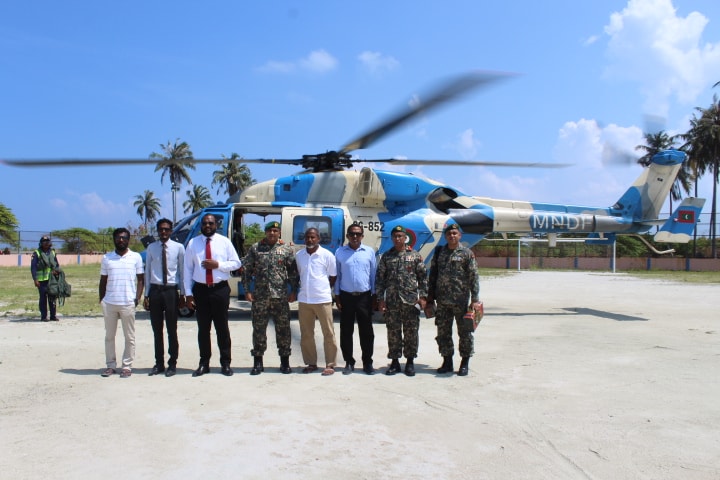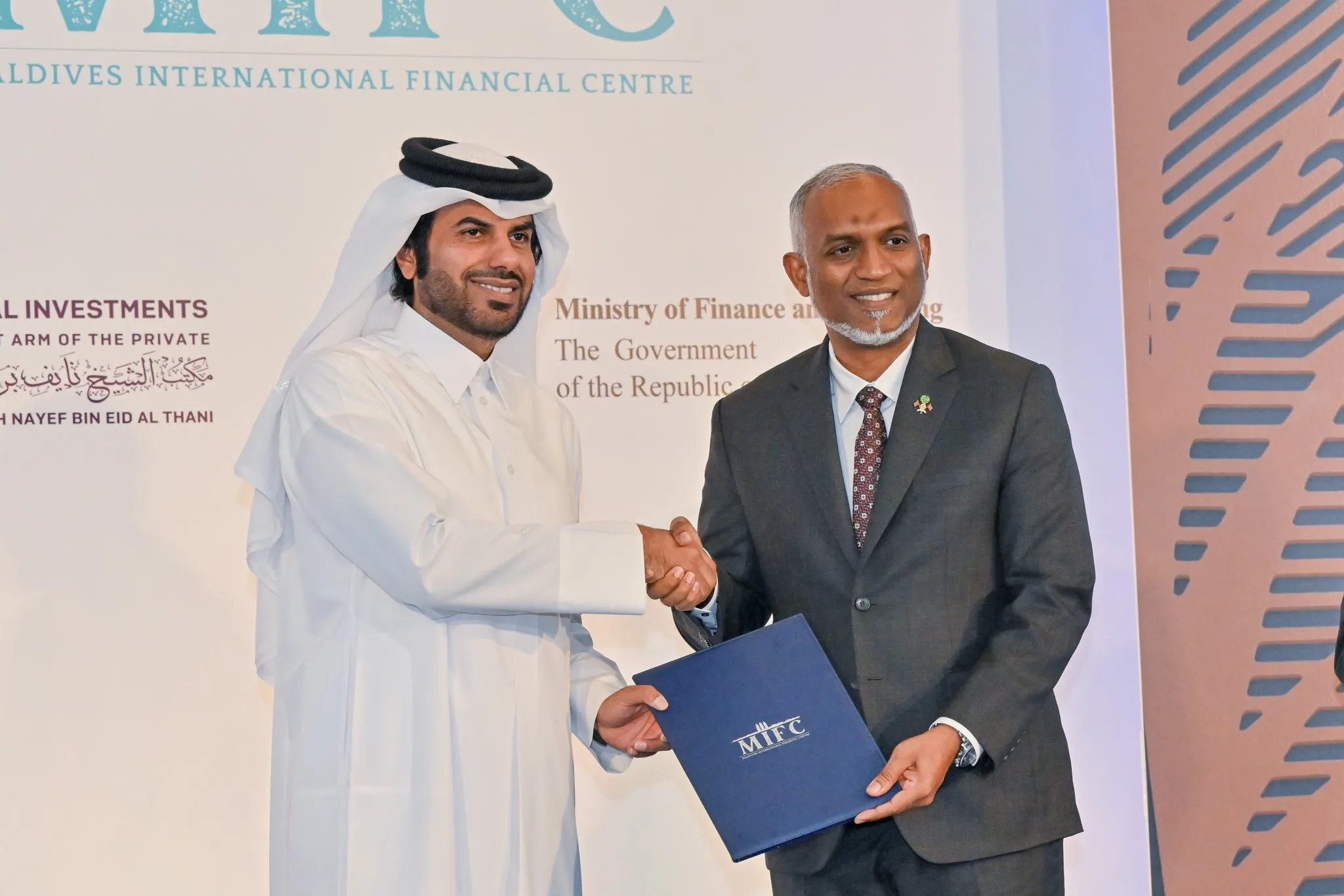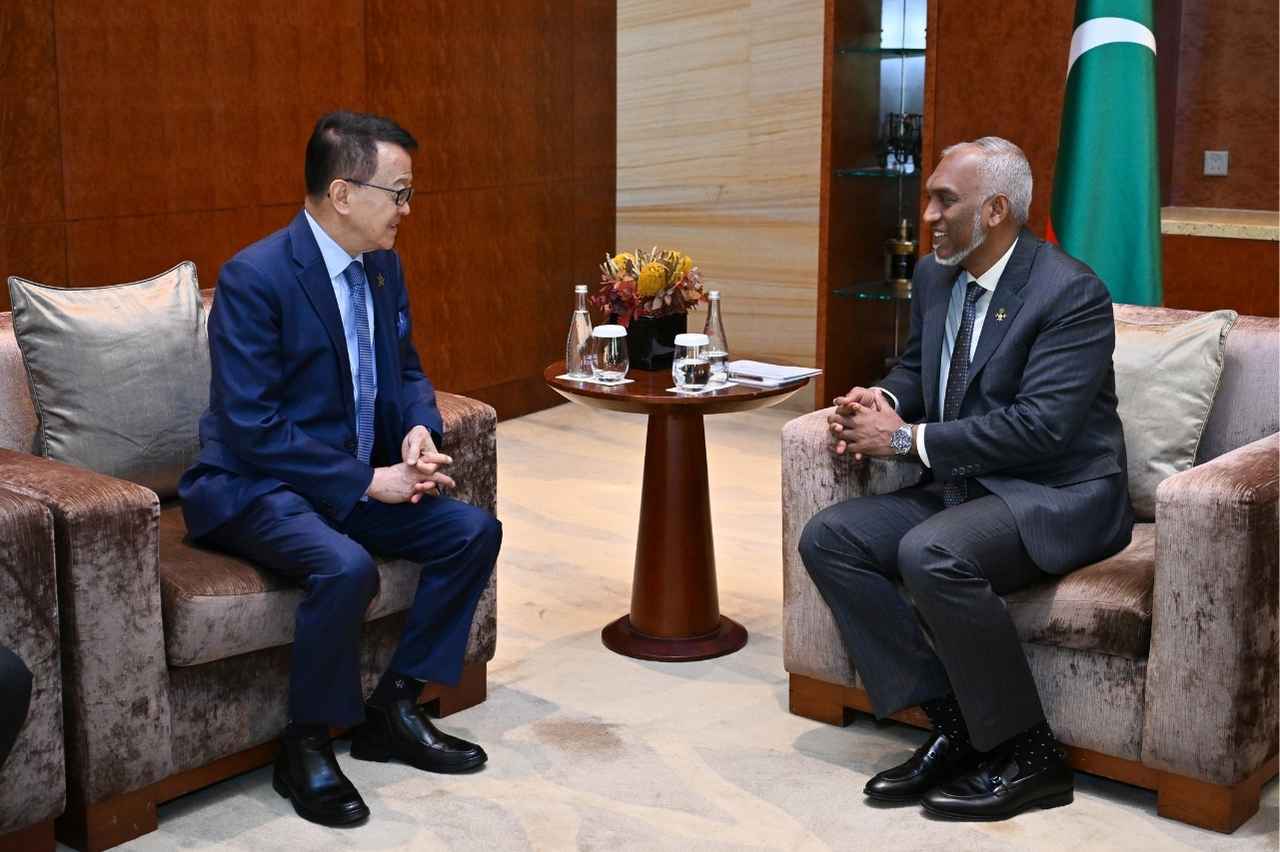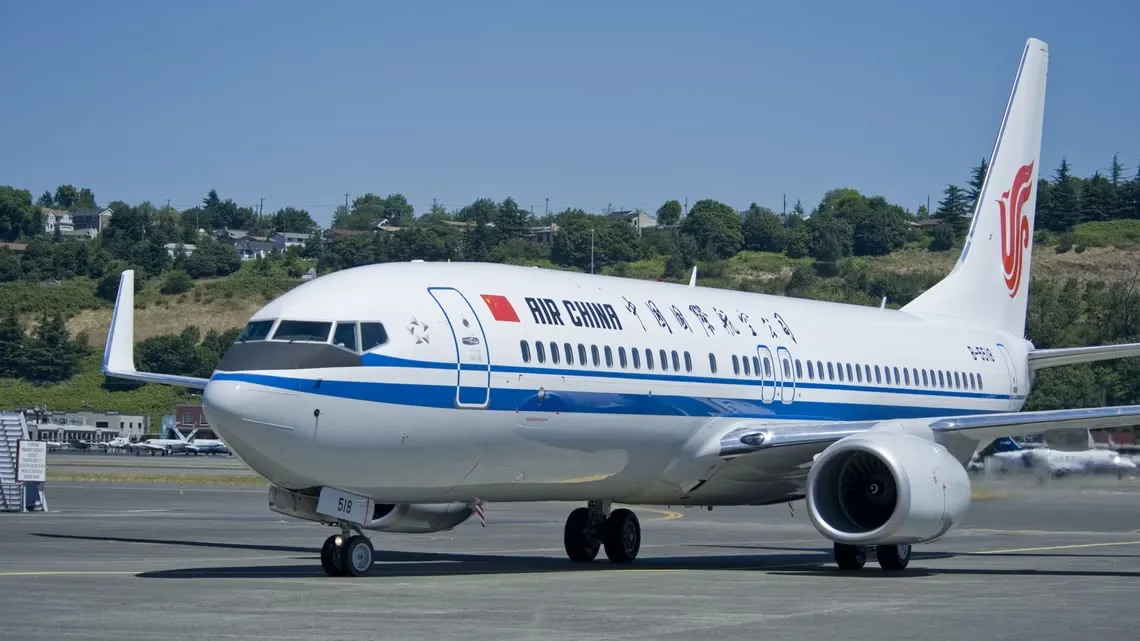Two weeks ago, on 7th March 2020, the first known COVID-19 case appeared in the Maldives. Within the first week, the number of positive cases increased to 13. The speed at which the virus has grown in the affected countries across the world is alarming. As a small island nation, the fear of the pandemic outbreak has been growing.
Given the quick actions and appropriate measures taken by government authorities in compliance with the Ministry of Health, no new cases have been confirmed positive to the virus within the fourteen days since its initial flare-up. Moreover, three individuals who were positive to the virus has recovered.
Right now, our doctors and nurses are working 24 hours a day, tirelessly treating and attending to the patients. This is the result of their hard work, not just mine. It’s the result of the combined efforts of all those working to tackle this situation we are currently faced with.”
Dr. Moosa, Pulmonologist at IGMH stated regarding the recoveries.
Amongst the three individuals who has recovered from COVID-19 is a 70-year-old with a severe pneumonia case. He was also the most affected from those who have been tested positive to the virus, treated in the ICU of Dharumavantha hospital, Maldives. Individuals recovering are being tested twice for the virus and only considered cured if both the tests show negative.
The individuals who develop symptoms of the virus are kept in isolation at quarantine facilities to further monitor them. In addition to the current facilities, Malahini Kuda Bandos, Biyadhoo Island Resort, NAKAI Dhiggiri Resort and Holiday Island Resort has been announced as additional quarantine facilities by the government.
Since the first case of COVID-19, the Maldivian government has been taking extra precautions to limit the spread of the virus and dealing with the situation in a calm manner in order to avoid public chaos. In addition to thorough disinfection and sanitization, airports have been effective in taking the relevant measures by conducting thermal imaging and hand-held temperature checks from day one. Airlines have also stepped up to help ensure public safety by taking all preventive measures.
Besides the travel restrictions to 11 countries as of now, Health Protection Agency (HPA) also imposed a temporary ban on tourists checking into hotels and guesthouses in greater Male’ area, from 15th March 2020, for a period of 14 days.
To ensure the citizens are aware and updated on the COVID-19 situation, press conferences are being held daily and broadcasted across the Maldives on live television. In addition to television updates, text messages are being distributed to all the updates to every mobile number in use and active.
Furthermore, educational institutions, work places and public gatherings have been banned until further notice. Relevant authorities are patrolling the streets and advising people to stay home. Safe to say, people are aware and heeding to the advice from the authorities.
Feature Photo by Ministry of Tourism








